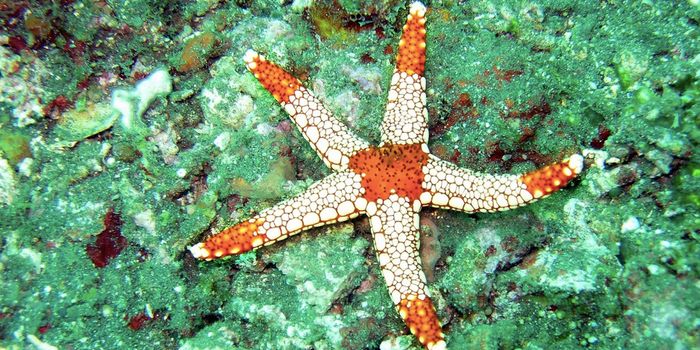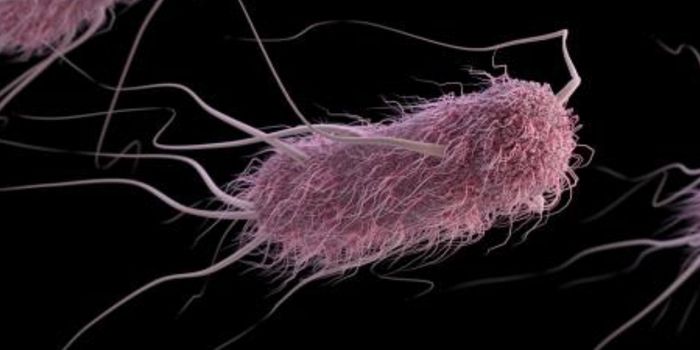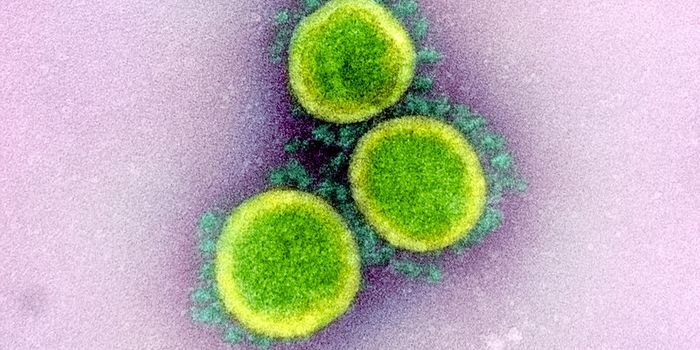UVB Exposure Can Change the Gut Microbiome
The microbial community in our gut, the gut microbiome, exerts a powerful influence on human health and well-being, and it can be significantly influenced by environmental factors. New research has shown that the sun is one of those influences; the UVB rays that shine on the skin have been found to alter the gut microbiome. The research, which has been reported in Frontiers in Microbiology, indicated that vitamin D is helping cause these alterations, and it may help explain why UVB light appears to help protect against inflammatory disorders.
"In this study, we show exciting new data that UVB light is able to modulate the composition of the gut microbiome in humans, putatively through the synthesis of vitamin D," said the leader of the study, Professor Bruce Vallance of the University of British Columbia.
Research has shown that the gut microbiome, sunlight, and vitamin D influence the inflammatory diseases multiple sclerosis as well as inflammatory bowel disease. Investigators have suggested that these factors may play a causal role in the disorders. We also know that vitamin D production is driven by UVB rays, but only rodent studies have shown that UVB can change the gut microbiome through the action of vitamin D.
In this work, investigators studied how UVB exposure impacted the gut microbiome in humans. A group of 21 healthy women was exposed to UVB on their bodies for three one-minute sessions in one week. Before and after the exposure, stool samples were taken so that the gut microbial community could be assessed, and blood samples were collected to measure vitamin D levels. The scientists found that diversity in the gut microbiome was significantly increased by UVB exposure, but only in participants that did not take vitamin D supplements.
"Prior to UVB exposure, these women had a less diverse and balanced gut microbiome than those taking regular vitamin D supplements," explained Vallance. "UVB exposure boosted the richness and evenness of their microbiome to levels indistinguishable from the supplemented group, whose microbiome was not significantly changed."
One type of microbe was especially impacted after UVB exposure: Lachnospiraceae bacteria.
"Previous studies have linked Lachnospiraceae abundance to host vitamin D status," noted Vallance. "We too found a correlation with blood vitamin D levels, which increased following UVB exposure."
Other changes were also observed. The levels of Firmicutes bacteria went up and Bacteroidetes bacteria levels went down. Vitamin D appears to play a role in how UVB affects the gut microbiome. More work will be necessary to understand the relationship between UVB, vitamin D, the gut microbiome, and the immune system.
"It is likely that exposure to UVB light somehow alters the immune system in the skin initially, then more systemically, which in turn affects how favorable the intestinal environment is for the different bacteria," Vallance suggested. "The results of this study have implications for people who are undergoing UVB phototherapy, and identifies a novel skin-gut axis that may contribute to the protective role of UVB light exposure in inflammatory diseases like MS and IBD."
Sources: AAAS/Eurekalert! via Frontiers, Frontiers in Microbiology








